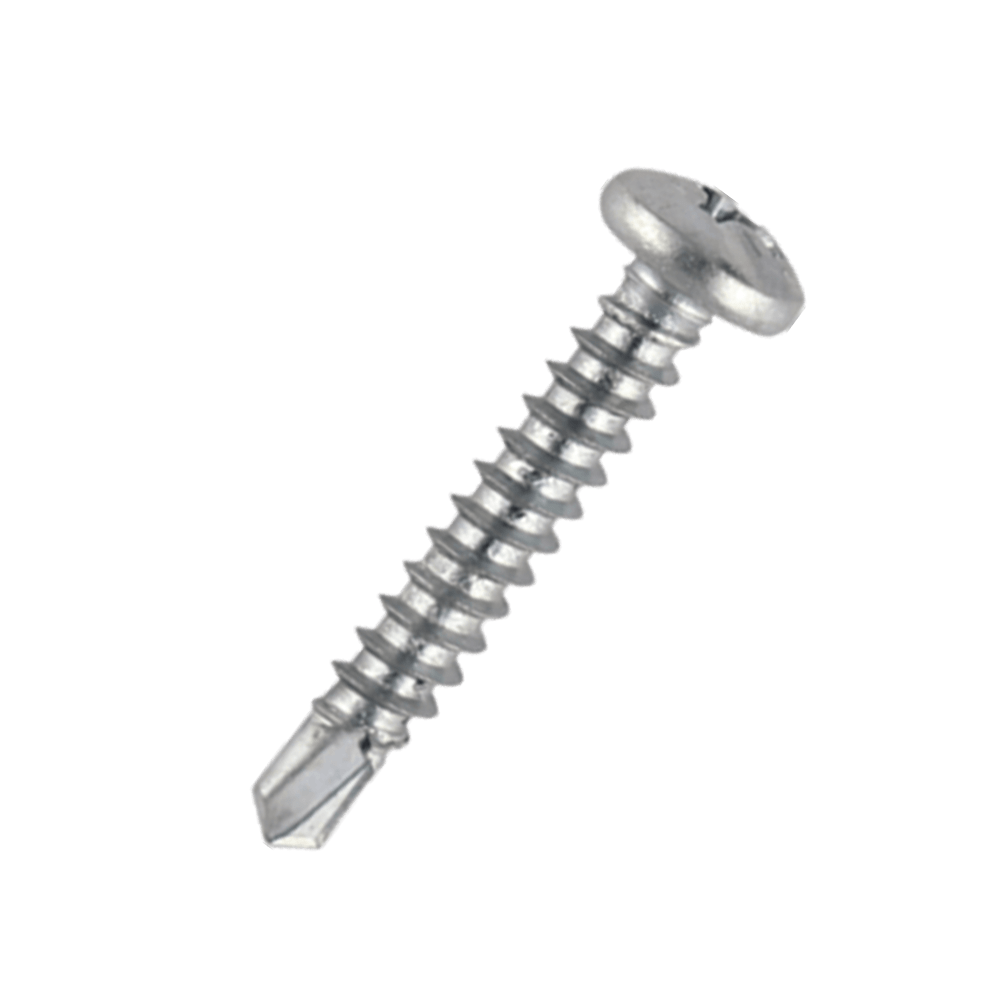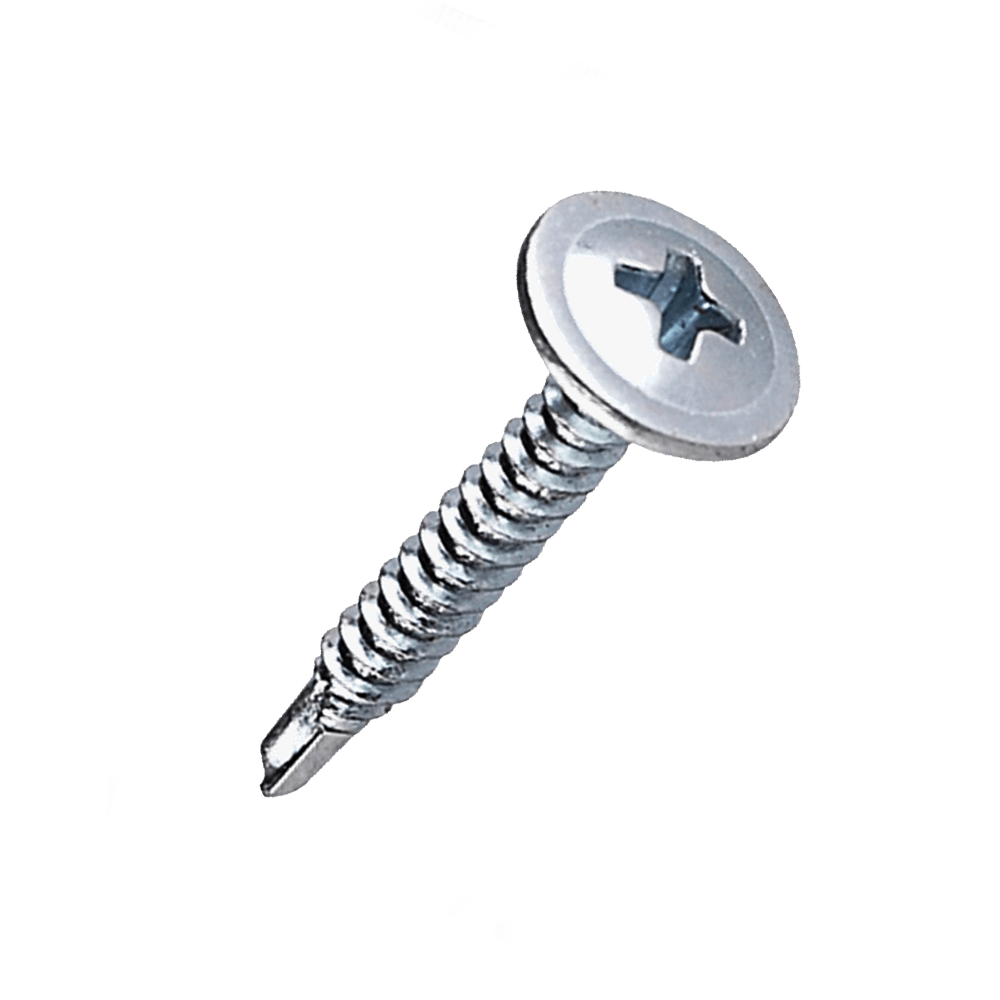Self Drilling Screws
4 Types Of Screws Available.
SELF DRILLING SCREWS VS. SELF TAPPING SCREWS

Self Drilling Screws have different applications in the construction industry, and they can be used in several situations. One of the most common uses of self drilling screws is to join wood pieces together, and they are often used to reinforce existing structures. Before you purchase self drilling screws, there are certain things that you should know about them, including how they work and what types of self drilling screws exist in the market today. This article has everything you need to know about self drilling screws, so keep reading!
FAQ
What is a self drilling screw?
A self drilling screw is a screw that cuts its own thread in whatever material it’s installed. They have a standard or flat head and are made of steel, zinc or stainless steel with a hollow pilot hole on top. This allows them to be used in places where there is not enough space for regular screws or when tapping into soft materials such as plywood, fiberglass and plastics.
How are self drilling screws made?
Although different manufacturers use different processes, self drilling screws are made by creating a conical or pointed head on one end of a screw that is small enough to fit through a drilled hole. The other end of these screws have no head at all. This means that when they are used, they will create their own head as they are driven into material using conventional power drills or drivers.
Self Drilling Screws vs. Self Tapping Screws.
Self drilling screws are designed to cut their own threads as they are driven into the material, eliminating the need to pre-drill holes in order to avoid breaking the screw or stripping out the head. Self tapping screws, on the other hand, have no thread cutting ability, and are meant to be used with pre-drilled holes. Both types of screws come in different sizes and lengths, and with different heads. Typically, self drilling screws are longer than self tapping screws because they require more room to drive themselves into place than self tapping screws do.
What are some tips for working with Self drilling screws?
Self drilling screws should be used with a drill. If you are working on a project, you may want to consider getting a power screwdriver that has several settings for bits. Another option is to use a cordless drill because these usually have more power than corded drills and can help speed up your work. The downside of using these types of drills is that they don’t provide as much torque as corded drills. They also tend to run out of battery quickly when in constant use.
Can you use regular bolts instead of self drilling screws?
While self drilling screws are great for some projects, it’s important to know that they do not offer much benefit over regular bolts. In fact, you can use a hex head bolt in place of a self drilling screw without any problems at all.
Are there different types of self drilling screws?
There are indeed different types of self drilling screws. Some are designed for wood, others for plastic and others for masonry or concrete. Before purchasing a screw, be sure to check that it is intended for your material, so you can ensure proper penetration. The last thing you want is to drill a hole only to have a screw strip out as you drive it in!
Where do I buy self drilling screws?
The first step is deciding where you’re going to buy self drilling screws. They are easy to get a hold of, but that doesn’t mean it’s easy to find a supplier for your unique needs.
Self drill screw risks and benefits.
Some projects require a professional using machinery that drills screw holes, but many self-drilling screws can be installed by hand. Some popular types of these fasteners include Phillips, square and pan head screws. The trick is knowing when to use them. If you don’t have access to power tools or if you just want to save time in installation, self-drilling screws can help you out. But there are risks and benefits to using these fasteners that every homeowner should know about before making a purchase.
Why are self drilling screws better than other fasteners?
While most screws require a pilot hole before insertion, self drilling screws do not. As such, they are especially useful for fastening wood where you can’t pre-drill due to knots or other inconsistencies in your wood (read: outdoor decks). Drill holes can also weaken your project over time, while self drilling screws will likely last as long as whatever it is you’re fastening.
Are there any alternative fasteners to self drilling screws?
Not really. If you don’t want to go with self drilling screws, then you have a couple of other options. One option is to use countersunk wood screws and just screw them in manually without using a power drill or driver. Another option is to go with sheet metal screws, but those are much bigger and they don’t work as well as self drilling screws do.




